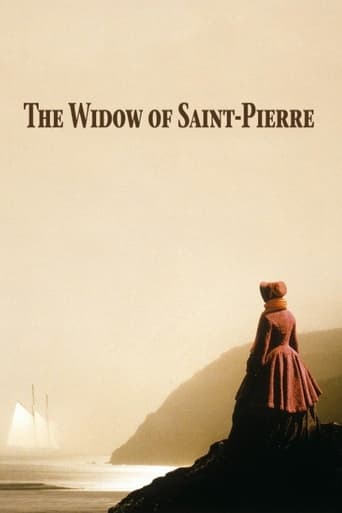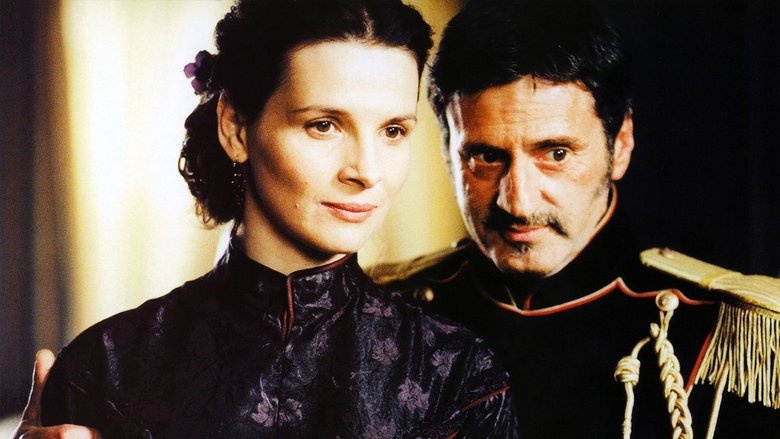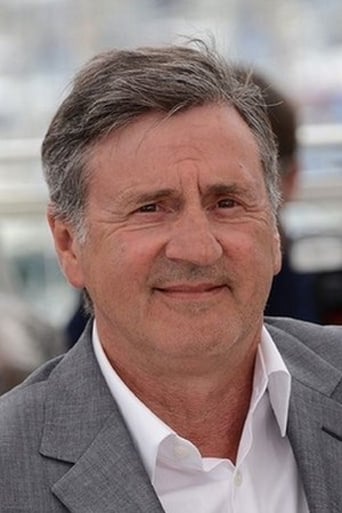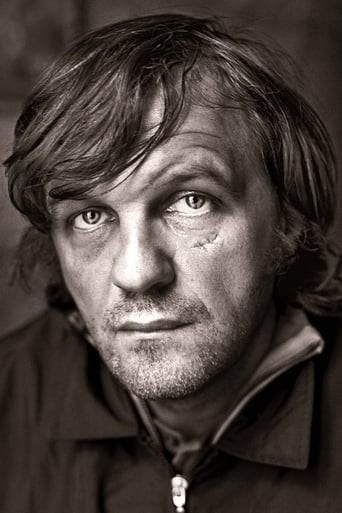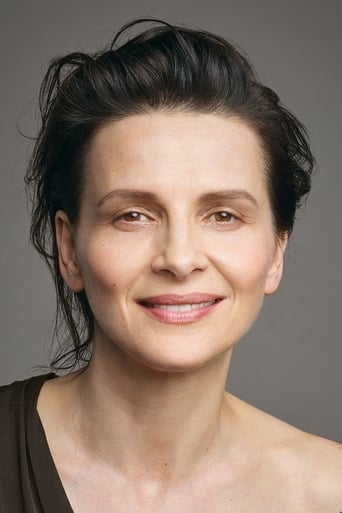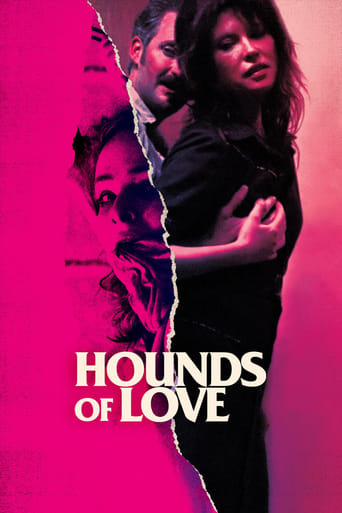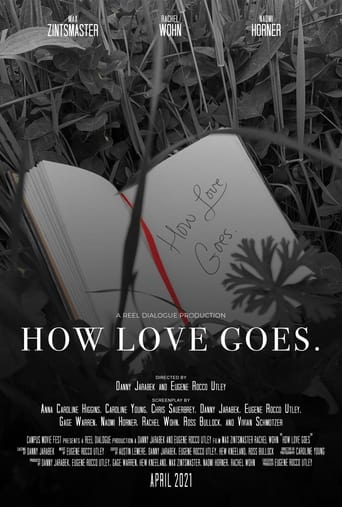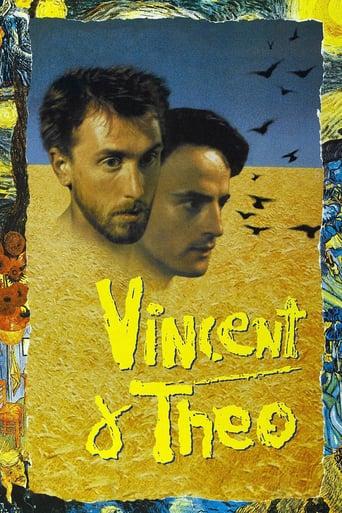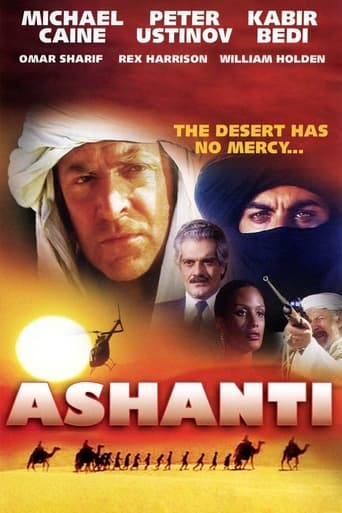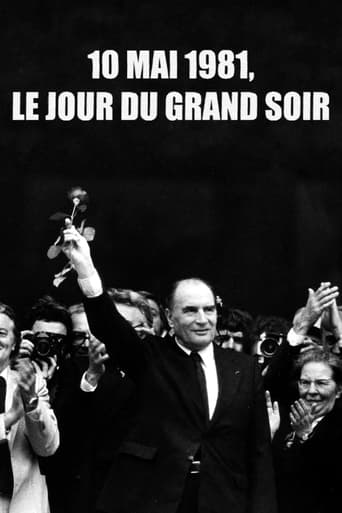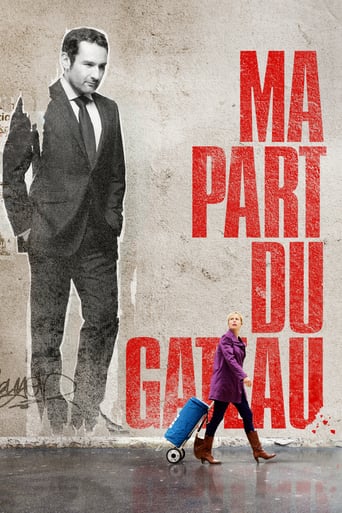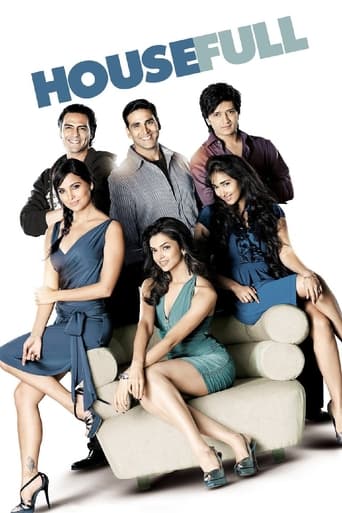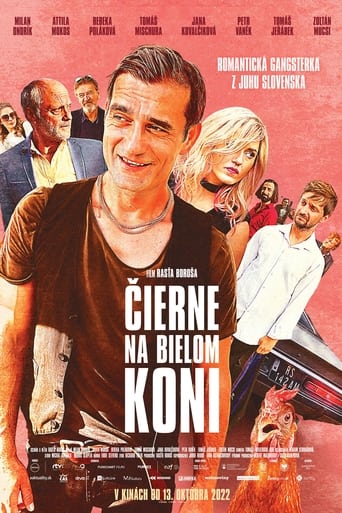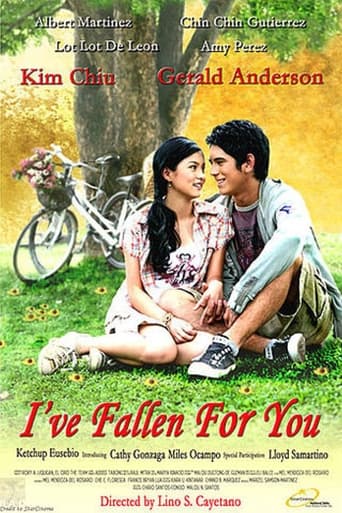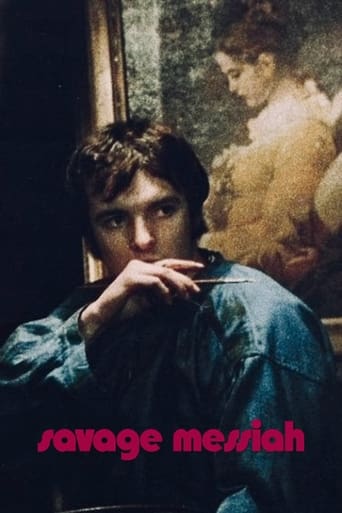The Widow of Saint-Pierre (2000)
In 1850, on the isolated French island of Saint-Pierre, a murder shocks the natives. Two fishermen are arrested. One of them, Louis Ollivier, dies in custody. The other, Neel Auguste, is sentenced to death by the guillotine. The island is so small that it has neither a guillotine nor an executioner. While those are sent for Auguste is placed under the supervision of an army Captain.
Watch Trailer
Free Trial Channels
Cast


Similar titles
Reviews
Too many fans seem to be blown away
Let's be realistic.
A-maz-ing
At first rather annoying in its heavy emphasis on reenactments, this movie ultimately proves fascinating, simply because the complicated, highly dramatic tale it tells still almost defies belief.
I have always been a Patrice Leconte devotee. His career in which incoherence and eclecticism get on well together (perhaps that's why he's often slated by French critics) is one of the most fruitful you could dream of, even if French mainstream public often associates his name with "les Bronzés" (1978), a commercial hit which put him on the map as well as the actors, the famous troupe of the Splendid and tends to overshadow the rest of his prolific career which spawned treasures like "Tandem" (1987), "Monsieur Hire" (1989) or "Le Mari De la Coiffeuse" (1990).This vehicle "La Veuve De Saint Pierre" (2000) was originally to be directed by another veteran of French cinema Alain Corneau (who sadly shot the insipid "Prince Du Pacifique" that year, perhaps the nadir of his career) but he turned down the role due to disputes with the producers. So, Patrice Leconte inherited the project. His choice was motivated by the desire to work with one of the two main roles, Juliette Binoche (he had teamed up with Daniel Auteuil the previous year for "La Fille Sur Le Pont, 1999)The title of the film has a double meaning: the "veuve" refers to Binoche after her husband's demise. The opening sequence presents her to us in her mourning garb (Leconte's work is served by lavish costumes). The audience knows that she is the "veuve" and will discover in the long flashback, how she has lost her husband. But a "veuve" is also a slang word for the sinister guillotine and it has a tongue-in-cheek connotation: Saint Pierre unlike France hasn't got a death instrument and must have one. All the time, the island is deprived of a guillotine, it remains a "veuve".There are clearly two sides. On the one hand, the officers' who govern the island and are die-hards of the death sentence and on the other hand, the private triangle which encompasses Auteuil, Binoche and Kusturica. Between the two poles, the impending threat of the execution with the recurring images of the ship sailing across the Atlantic with on board the guillotine. The scenario eschews the tempting trap of the Manicheism and the officers aren't caricatures. As a matter of fact, one of the main thrusts of the film is to deride the leaders of the island who seek at all costs to keep the death sentence and their obstinacy is made ludicrous by the postpone of the sentence and the last words of the voice over contain grim details which give a slap to one of Doctor Guillotin's famous words: "a painless death is a progress for humanity". Moreover, they prove to be unscrupulous because when a new inhabitant settles on the island, they entrust him the role of the executioner without taking care of his opinion.In the private triangle, madame La by guiding Neel on the way of redemption is full of condescension and solicitude but she's a complex character. Her reasons and motivations to redeem Neel are rather elusive even if she says (I don't remember the accurate cue): "I think human soul is unpredictable and can be able to become conscientious and intelligent. A little gratifying cue which should have been more construed and fleshed out and remains an inkling. Then, why would she encourage the sacrifice of such a devoted husband to try to save a convicted killer whereas it's doomed to failure? Is it a response to her husband's love? (If Auteuil sacrifices himself it's for love for his wife and respect for Neel). Certainly and if so, Leconte's piece of work is a novel and quirky approach on the relationship between husband and wife, a quite notable feat for an author who has seldom studied this topic in his filmography, except maybe in "Le Mari De La Coiffeuse".Buoyed by a more than palatable cast with a special mention to Emir Kusturica who was a discerning choice because he could convey vulnerability and fragility to his persona of great strapping man, "La Veuve De Saint Pierre" may be derivative if we consider the theme of redemption and the thrust quoted in the fourth paragraph but its treatment is a far cry from Hollywood's formulaic conventions. How to rank it in Leconte's uneven but usually riveting filmography? It isn't on a par with his towering achievements but stands out as a more than palatable flick which however could have gained by being more deepened.
One man kills another senselessly on the French island of St. Pierre off the coast of Newfoundland and is sentenced to be executed by guillotine. Unfortunately, the island has no guillotine and has to import one from Martinique. The murderer will live for several months before it arrives. In the meantime, the wife of the army captain, played by Juliette Binoche, takes an interest in the murderer, played by director Emir Kusturica, and helps him become a better man. By the time the guillotine arrives, the people of St. Pierre no longer want the execution. But the government is insistent, as it would make them look bad to their French superiors. It's a great premise. Unfortunately, Leconte does little with it. It's fairly boring through most of its run, and its points are obvious and not especially interesting. If the film was specifically meant to be anti-capital punishment, it cheats too much. The man Kusturica kills has no character, no family, no one who loves him. He's killed basically because he's a fat nobody and he's quickly forgotten. After the incident, Kusturica is basically a perfect gentleman. It's not too hard to argue against executing this fellow. Juliette Binoche, one of my favorite actresses ever, only barely gets to demonstrate her considerable talents. I do like her wardrobe, though.
As a filmmaker Patrice Leconte has yet to disappoint me despite his eclecticism - I went to a large video/DVD outlet specifically to purchase his 'Tango', a delicious black comedy that neither Francis Veber nor Billy Wilder would be ashamed of, and whilst doing so came across this title at a giveaway price which means simply that I bought it sooner rather than later, having already seen and admired it on its initial release five years ago. It's about as far from Tango as it's possible to get but then Leconte's schtick is that he has no schtick and changes from film to film. I first heard of St Pierre when, as a kid, I discovered Damon Runyon and read his short story 'The Lily Of St Pierre' which is not, I suppose, a million miles away from this story. Leconte has shot a wonderfully stately opening in which we move ever so slowly towards Juliette Binoche, standing at the end of a long gallery and occasionally looking out at something below. As we approach her she begins a voice-over flashback of events in St Pierre and we naturally assume she is still there but how wrong can you be. Her story is the stuff of melodrama involving a gentle giant who indisputably murders a man before our eyes then undergoes a rehabilitation that stops just short of sainthood. The problem is that St Pierre is what vaudevillians used to call 'a wide part in the road' and lacks both a guillotine and an executioner which leaves military commander Jean (Daniel Auteuil) one one side and the town council on the other. The council want to play it by the book and keep Neels (Emir Kustarica)in chains in his 4 x 2 cell whilst Jean (and not least his wife Pauline (Juliette Binoche)want to cut him a little slack. As time passes Neels proves not only a superlative handyman but an all-around good egg so that when the guillotine finally arrives no one and his Uncle Max wants to see Neels get it where the chicken got the axe. In Hollywood chances are he would not only have got off but would have rode into the sunset with Binoche and the good wishes of Auteuil to speed them on their way, but this, thank God, is France so EVERYBODY gets it in the neck and in a final masterstroke Binoche is revealed to be not in St Pierre but in Paris watching as Auteuil is executed by firing squad in the courtyard beneath her window - a scene that echoes the end of Casque d'Or when Simone Signoret watches from an upstairs window as Serge Reggianni is also executed. Cavillers will claim that Neels IS a little too good to be true and find the nurturing metaphor in which Neels helps Pauline grow flowers/plants in a barren landscape laboured but overall there is far more to enjoy than to condemn here not least thee superb performances.
I must say that this is one of those films that really stuck with me for weeks after watching it, both for its evocative cinematography as well as its acting and mood. I must take issue with a previous reviewer who called this movie "preachy" or "too liberal". The central moral dilemma in this film is precisely that we cannot understand, much less judge, a human being by a single action. It is true that Auguste commits murder, but what the director then sets up is the largely unspoken debate as to a man's worth to society. One can of course argue both ways, that the law must be enforced no matter what, or that his contributions to the community are worth more than his death. It isn't preachy at all, because the film doesn't tell us what to think, it's up to us to reflect on this. Life isn't black and white, despite what our politicians would like us to believe, it's shades of grey.

